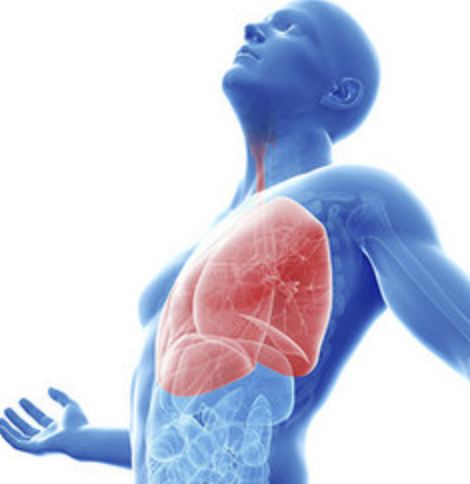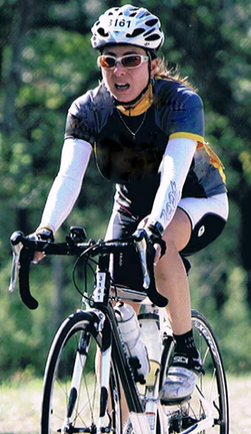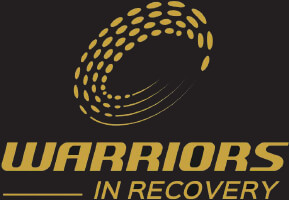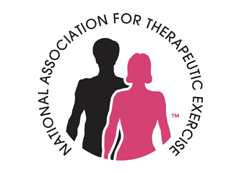
Seriously. Take a moment and humor me by doing this little exercise. Sit up straight, yet relaxed. Take a deep breath expanding your midsection (belly), pause, and then exhale slowly. Do this again. Good. Guess what? You’ve just calmed your nervous system.
No kidding. When you’re feeling stressed, overwhelmed or in need of an energy boost this simple thing can do the trick. It’s easy to ignore how we are breathing in our lives with all life’s deadlines and demands on us. However, it can be a powerful tool to combat the stresses that break down your body tissue. And, you can do it anywhere, anyplace and don’t have to be in workout clothes to do it.
I have become more and more aware of my breathing since starting the app called “Headspace”. Most of us breathe in a way that leaves a lot of room for improvement. Some examples would be over-breathing, holding our breath and/or shallow breathing. These breathing patterns are very stressful for the body and lead to a shortage of oxygen and energy.
Since my discovery of “Headspace,” I try to take 10 minutes in my mornings to meditate and get ready for my busy day. Taking this time has made me more aware of just how important breath is to overall health. I’m not the only one doing this either. When I was having lunch with a good friend of mine, Michael Brungardt (Former strength coach San Antonio Spurs 17 years. 4 Rings, 2011 NBA Strength Coach of the Year, USA Strength Coaches Hall of Fame), he mentioned how many professional sports teams are now discovering these benefits.
Bad breathing can give rise to a lot of unexpected negative effects on our health:
- Loss of Energy: Less oxygen in, less oxygen to your body’s cells and your body has to work harder.
- Breakdown of Tissue: With less oxygen to cells, your cells get stressed and tissue starts to breaks down. Then your brain begins to prioritize survival vs. development.
- Blood Vessel Constriction: Which can lead to high blood pressure, and then turns into making your heart work harder.
- Airways Get Tighter: Which makes it harder for you to get air into your lungs, and then you compensate by working harder and breath faster to get the same amount of work done.
- Nervous System Imbalance: Breath is an key component in maintaining a balanced body. Each breath has an immediate effect on our nervous system. Imagine inhaling being the gas and exhaling the breaks. A dysfunctional breathing habit, like a short and forced one, results in a tense body and much higher levels of stress.
It’s kind of like having loose battery cables in your car (I know, ANOTHER car analogy!). Will your car start? Yes, you turn the key and it will start. Can you drive to the grocery store? Yes, my car can drive me from Point A to Point B. However, over time if these cables are left loose you will eventually experience problems in your car.
Think about it for a moment…Each and every single one of the processes in our body is dependent on oxygen. Some of our most work intensive organs are our brains, heart and muscles. All of which are crucial.
Wow! That’s a ton of crappy aversive side effects you might think. And you’d be absolutely correct. Now, there are plenty more ways that bad breathing can negatively effect our bodies…like fatigue, headaches, muscle pains, craniofacial abnormalities…but I’ll stop here and let you get the gist of my blog.
Thanks for reading this – you take my breath away. 😉
Cheers, Drock

Want to learn more about improving your functional movement and sports performance? Follow Dianne’s blog: https://dtasmblog.wordpress.com
Dianne Rockefeller is a Licensed Massage Therapist, National Academy of Sports Medicine – Certified Personal Trainer, Certified Orthopedic Manual Therapist, Certified Myoskeletal Therapist, Certified Kinesio Taping Practitioner, Certified Cupping Therapist, and Muscle Activation Techniques Practioner (MAT). She has treated athletes of all levels, from youth to professional, from all sports. She brings a very unique perspective to manual therapy utilizing her experience with motion analysis and sport. Her blend of advanced integrated skills along with practical and rehabilitation experience deliver exceptional results. Dianne is a self-proclaimed scholar of “Applied Performance Manual Therapies”. Contact Dianne at drock@dtasm.com or 210-973-4848.








